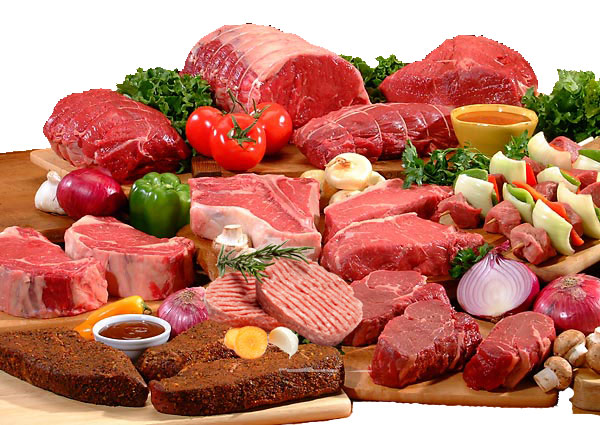×
The Standard e-Paper
Smart Minds Choose Us

A number of health problems including heart diseases, some types of cancer and Type II diabetes are linked to excessive consumption of red meat, with the risk being higher for processed meats.